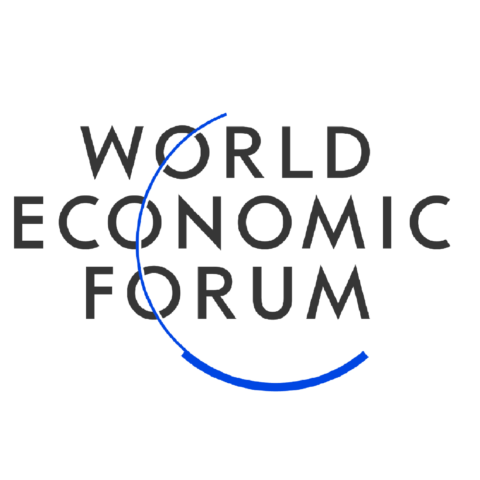Almost $1 billion will be invested in quantum computing over the next year. Can the technology really will transform industries, address societal problems, and improve privacy, as its proponents say? Watch the World Economic Forum’s issue briefing to hear from experts on the real outlook for quantum computing and how policy makers and businesses are approaching it. Learn more about the Forum’s new Quantum Computing Network and read the session summary.
Speakers:
- Dario Gil, Senior Vice President and Director Research, IBM
- Freeke Heijman, Founding Director at Quantum Delta, NL
- Jeremy Jurgens, Managing Director, World Economic Forum
- John Preskill, Amazon Scholar, Amazon Web Services (AWS), and Richard P. Feynman Professor of Theoretical Physics, Caltech
Moderated by:
- Robert Hackett, Senior Writer, Fortune

Key quotes:
There are still a lot of unknowns in the field, explained Jeremy Jurgens. That’s why this collaboration is so important. The World Economic Forum has established the Quantum Computing Network, which facilitates collaboration with companies like Amazon, IBM and Microsoft, as well as academic institutions and national governments. And this extends beyond the technology itself. What are the skills we’ll need? How can we make sure the benefits are extended across society? “We need to both harness the opportunities in front of us… as we also manage the risks and prepare society more broadly for the significance of the transition,” said Jurgens.
There’s lots we still don’t know though, said John Preskill, including the areas where quantum computers will have a big advantage. At the moment, the most important applications will be in reference to how matter behaves, chemistry and the discovery of materials, he explained. But, it will still take time to understand how we scale this up, he added.
“It’s not that we understand all the science now, and we just need to put the resources together to do the engineering. We’re going to need a lot of innovation to get to quantum computers that can solve those very impactful problems.” Equally, though, Preskill emphasized that it’s important to understand we have “very limited ability at this stage to imagine the applications of quantum computing down the road in the near term”. About five years ago, we were able to build a small quantum computer and make it available through the cloud, explained Dario Gil. And, as a result, we started exposing a growing community to the concept. Since that point, the number of systems available has grown and “what we’re starting to see is a broad set of institutions getting interested in the topic”. We need to work to deliver better and better quantum computers and systems every year, he said. “But, it’s very important to bring people along on the journey.” We can’t just say ‘one day we’ll have a magical computer that does all these things’, we need to come together and work through it together, he urged. Just a few years ago, we used machines with just 5 cubits. But, IBM hopes to build a machine with over 1,000 cubits by 2023, Gil said.
“What we’re looking at is not only the technological roadmap, but an ecosystem approach,” explained Freeke Heijman. “How do you get the right talent, how to educate the right people to move into the field?” Investment and capital are also important – and the opportunity exists for start-ups, she believes. Equally, collaboration will be key. “We’re working very closely in a European context,” she said. “For instance, we just signed a memo with the French.” This Memorandum of Understanding will enable collaboration, but it’s vital it’s not just about high-level policy but concrete action, Heijman emphasized. For example, there’s now a website where you can see all the relevant available jobs in the Netherlands and France.
